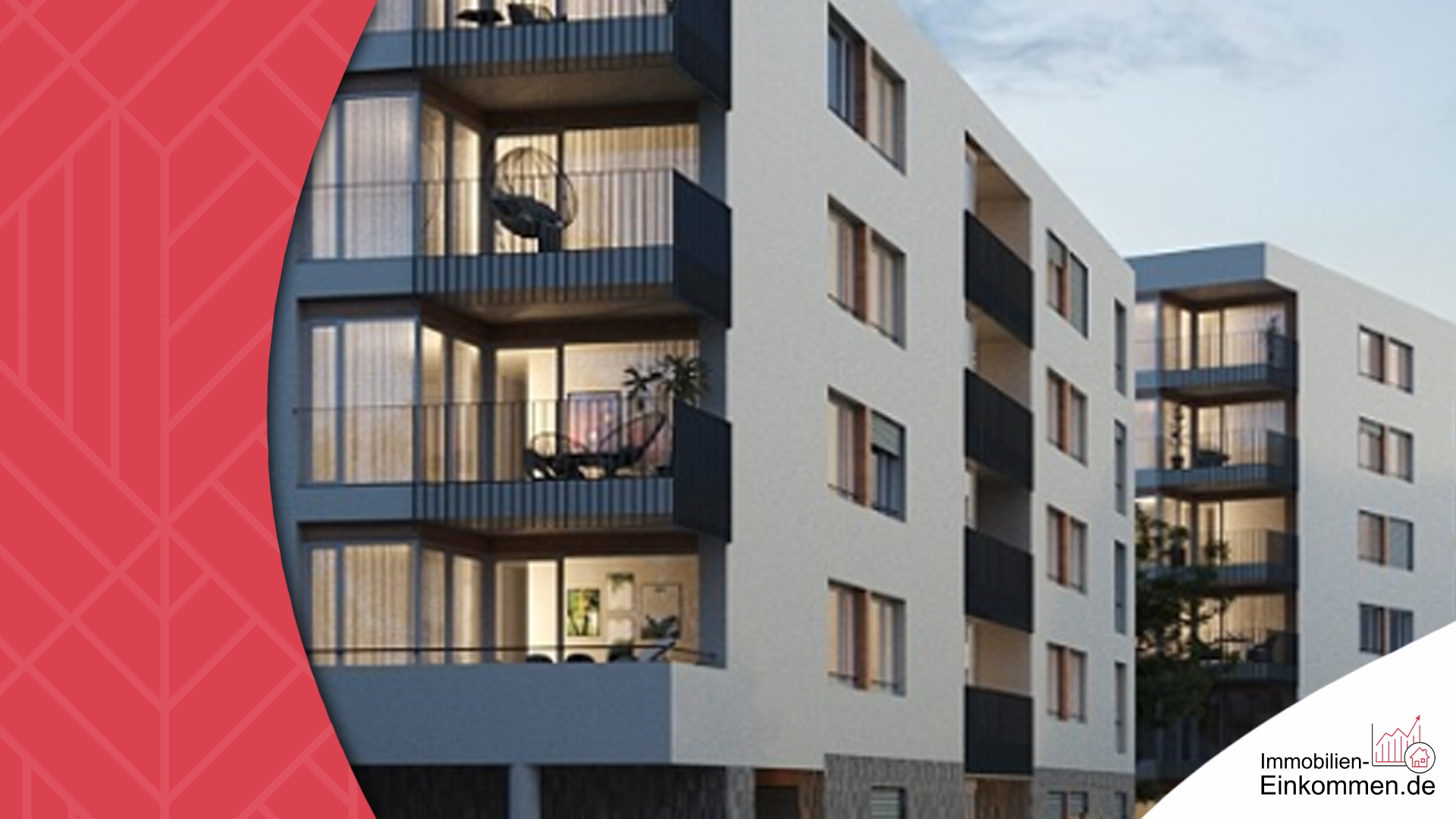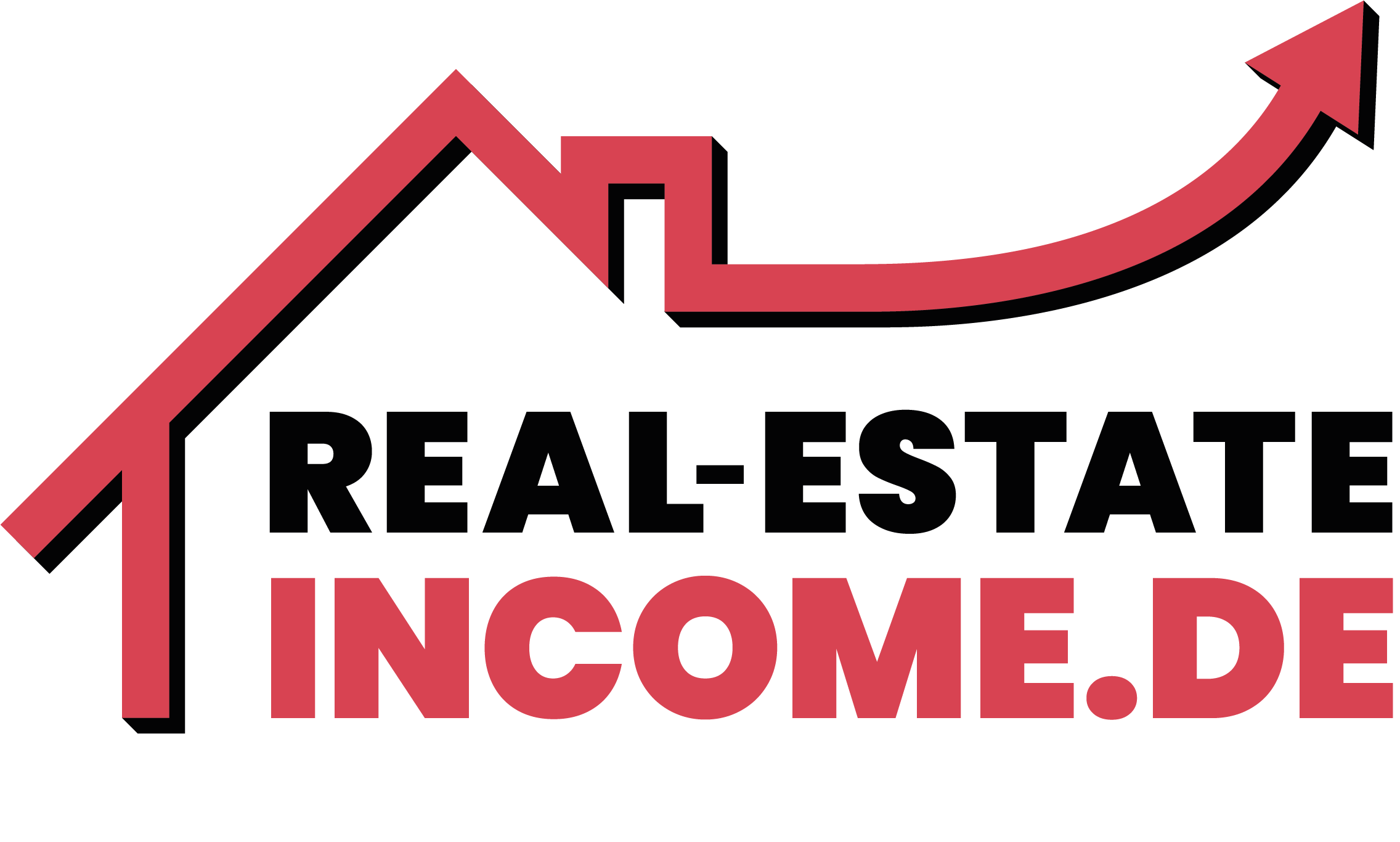After what period of time will the property be paid off?
Posted on |

Episode 24:
After what period of time will the property be paid off?
In today's edition of our video blog you will learn after what period of time the property is paid off.
Start the video here:
Frequently, capital investors ask themselves
- What is the advantage of paying off the property faster?
- What costs should be considered when calculating the payoff period?
- What is a special repayment right and how can it be used?
- What freedom does the unscheduled repayment offer in terms of the repayment period?
- What factors influence the decision on the payoff period?

We answer these and many other questions in our video blog editions.
Here is the transcript of episode 24 to read:
After what period of time will the property be paid off? That's up to you. If you contribute a lot of your own funds and finance less, then of course this less high financing is paid off much faster than if you fully finance the purchase price. However, you have then also paid for the property to a much greater extent yourself, because you have brought in your own money. However, if you finance and give the tenant a few years to pay off the property with the rent, the property will of course cost you personally much less than if you now pay off at breakneck speed because you invest a lot of your own money.
The advantage of paying it off much quicker is that you are then more likely to get the full proceeds for yourself and not have to go to the bank. There are always two sides to everything, and it's the same here. So if you want to know how long it will take, you need to have that calculated individually. From someone who can calculate it professionally with a professional software and not just on a piece of paper.
Because you may forget that rent also has to be taxed, that there are also tax aspects and that there are administration costs and all these things. So get a good calculation and simulate one or two different versions. With a little bit higher amortization, you'll be done faster, but you'll pay a little bit more for it. I love it, and many of my clients love it too, by the way, to agree on a manageable base repayment that allows you to have your tenant comfortably paid off the property for you until well before you retire.
Thanks to a free built-in special repayment right, you then have the option of, for example, repaying up to 5 % of the loan amount each year free of charge. This is a very attractive option. If you earn so much money in a good year when everything is going well and you say: "Yes, I want to make my special repayment", then you repay the loan more quickly. But there may also be a year when you say: "Now I want to buy a new car and do something else."
Or maybe you want to buy your next property and invest a little of your own money in it. And you say: "That's why I don't want to make a special repayment this year or only a small one", then you have the freedom. You are in control of the topic and the lever of the unscheduled repayment and decide how long it takes. But you also decide how much you want to spend that year. This is a very pleasant situation, because you decide and not the bank.
So my experience is to rather choose a not too high fixed repayment, a not too high fixed rate, but rather a somewhat lower repayment and then work with the unscheduled repayment, because then you have all the freedom. In the end, you decide how long it will take. It can be 5 years, 10 years, 15 years, 20, 25, 30 years. It just depends a little bit on your age and if you want to pay more yourself or if you want to give yourself the time that the tenant and the tax office pay the property for you.
Keywords:
Property paid off, own funds, financing, rent, repayment period, unscheduled repayment right, freedom with repayment
